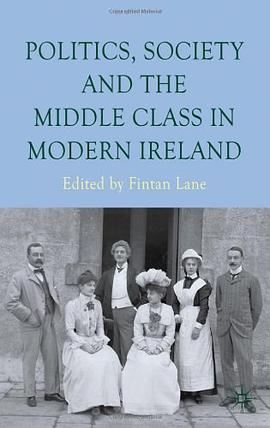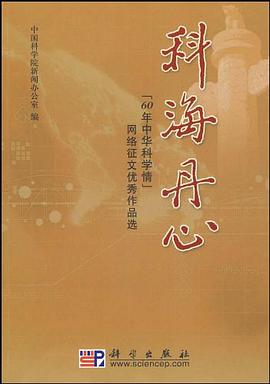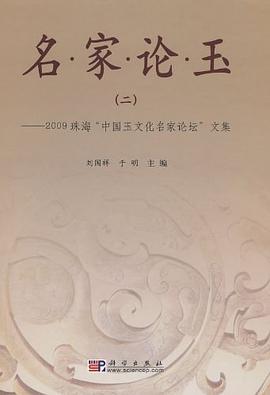

具体描述
Ignoring the well-studied polemics of the Protestant reformers themselves, and arguing instead from the perspectives of the new cognitive literary theory, Words, Images and Grotesques in Shakepeare's England exposes the depth and breadth of the reformers' misunderstandings about how people could or could not reform their spiritual lives - how or if they could literally change their minds. After decades of cognitive disruption - caused by the widespread iconoclasm and the supposedly compensatory campaigns for literacy - Shakespeare's intuitive sensitivity to the way people learn and think undid some of the damage. Adapting the mode of Italian grotesque to the English stage, Shakespeare offered spectacle and reconciliation, delivering a vision of wonder and of peaceful, if sceptical, acceptance of inevitable unknowing. Shakespeare's achievement was to demonstrate to audiences battered by years of religious chaos and dread that a loving God was not only in heaven but in full control on earth: His providence was embodied and visible, you didn't have to read it.
作者简介
目录信息
读后感
评分
评分
评分
评分
用户评价
相关图书
本站所有内容均为互联网搜索引擎提供的公开搜索信息,本站不存储任何数据与内容,任何内容与数据均与本站无关,如有需要请联系相关搜索引擎包括但不限于百度,google,bing,sogou 等
© 2026 book.wenda123.org All Rights Reserved. 图书目录大全 版权所有


















